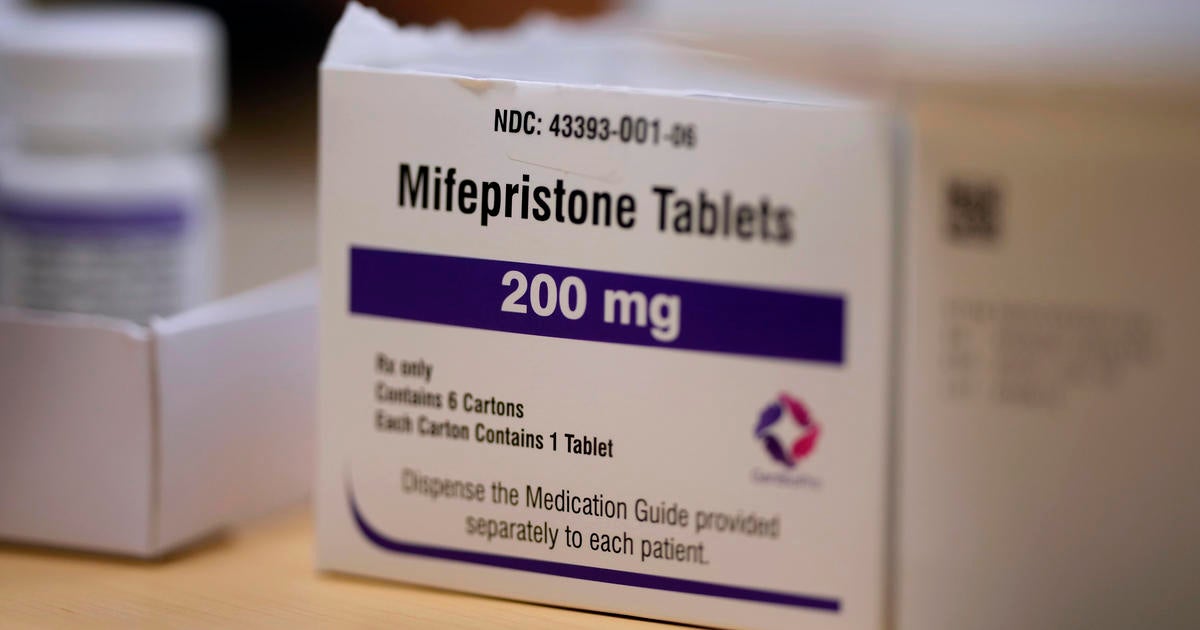A New York doctor has found herself at the center of legal controversy after being indicted by a Louisiana grand jury for allegedly prescribing abortion pills online to a woman in Texas. Dr. Margaret Carpenter, along with her company Nightingale Medical, PC, and a third individual, were charged with criminal abortion by means of abortion-inducing drugs, a felony offense.
The case has sparked debate and raised questions about the intersection of telemedicine, reproductive rights, and state laws regarding abortion. The indictment against Carpenter is believed to be the first instance of criminal charges being brought against a doctor for providing abortion pills to another state since the U.S. Supreme Court overturned Roe v. Wade in 2022, allowing states to enact strict anti-abortion laws.
In addition to facing charges in Louisiana, Carpenter was also sued by the Texas attorney general for similar allegations related to prescribing abortion pills via telemedicine to patients in that state. While the Texas case did not result in criminal charges, it highlighted the complex legal landscape surrounding abortion access and telehealth services.
The indictment against Carpenter could potentially test New York’s shield laws, which are designed to protect healthcare providers who use telehealth to offer abortion services to patients in states with restrictive abortion laws. Governor Kathy Hochul expressed support for Carpenter in a statement, emphasizing the importance of protecting providers and patients in the face of increasing anti-abortion measures.
Hochul’s sentiments were echoed by New York Attorney General Letitia James, who emphasized that abortion care is a fundamental aspect of healthcare and should not be criminalized. James pledged to uphold the shield law and ensure that medication abortion remains accessible to all individuals who need it, regardless of their location or state laws.
The controversy surrounding Carpenter’s case underscores the ongoing battle over reproductive rights and access to abortion services in the United States. As states continue to enact restrictive abortion laws, healthcare providers like Carpenter face legal challenges and scrutiny for providing essential healthcare services to patients in need.
The legal proceedings against Carpenter serve as a stark reminder of the complex and contentious nature of abortion laws in the U.S. The outcome of this case could have far-reaching implications for telemedicine, reproductive rights, and the legal protections afforded to healthcare providers in the face of increasing political and legal challenges.









